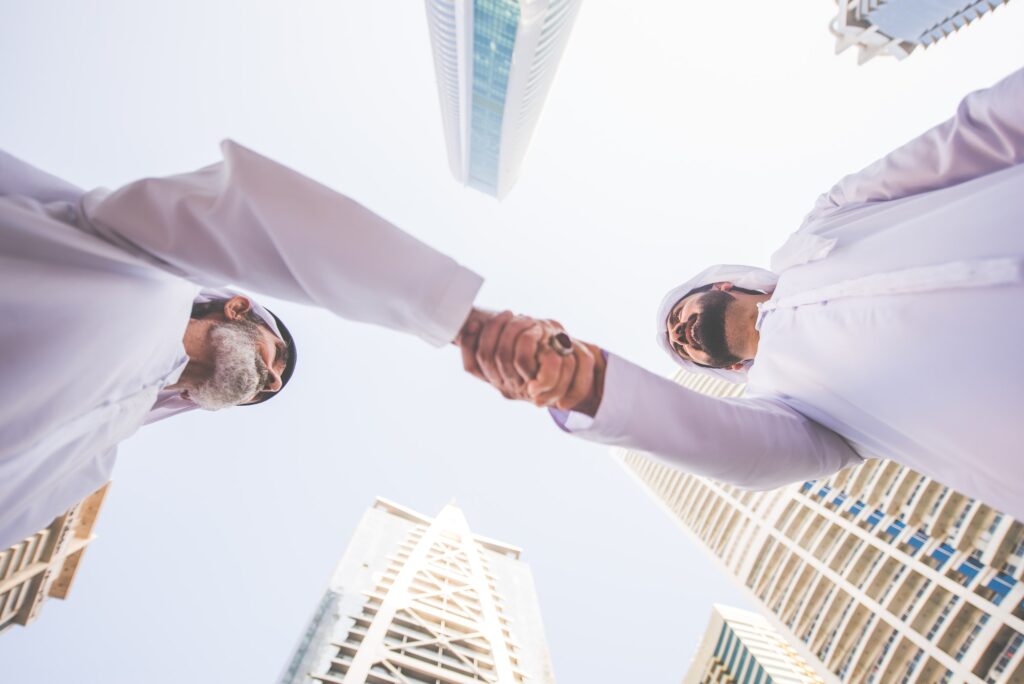Address
33-17, Q Sentral.
2A, Jalan Stesen Sentral 2, Kuala Lumpur Sentral,
50470 Federal Territory of Kuala Lumpur
Contact
+603-2701-3606
info@linkdood.com
Address
33-17, Q Sentral.
2A, Jalan Stesen Sentral 2, Kuala Lumpur Sentral,
50470 Federal Territory of Kuala Lumpur
Contact
+603-2701-3606
info@linkdood.com

Get the lowdown on the COP28 climate summit, the UAE’s oil game plan, global energy security, and the push for renewable energy in our easy-to-understand guide.

We’ve got our hands on some secret documents that shed light on what the United Arab Emirates (UAE) is planning for the upcoming COP28 climate summit. These papers, first leaked by the Centre for Climate Reporting and then picked up by big news outlets, show us what the UAE might be up to. It looks like they’re planning to use the summit as a chance to make new oil and gas deals, focusing on their state-owned oil company, ADNOC, led by Sultan Al Jaber.
Sultan Al Jaber is in charge of both the summit and ADNOC, which puts him in a tricky spot. The documents hint that he’s trying to push forward climate talks while also looking for new fossil fuel projects. This double role is causing some raised eyebrows, especially since ADNOC wants to grow its oil and gas production.

Even though there’s a lot of talk about oil, the UAE is also diving into renewable energy, especially with Masdar, its main renewable energy company. Our analysis shows that the UAE wants to keep a balance between its oil and gas business and renewable energy projects. They’re looking to work with different countries and invest in green energy, trying to be a big player in both traditional and renewable energy.
The secret documents also show that the UAE wants to be a key player in global energy security. They’re planning to increase their supply of liquefied natural gas (LNG) to countries like Germany and are looking into LNG projects in places like Mozambique, Canada, and Australia. Their goal is to make sure countries have a steady energy supply while dealing with the complicated politics of energy.
With all this information coming out, it’s important to look back at the ethical rules set by the United Nations Framework Convention on Climate Change (UNFCCC). According to these rules, officials at COP should be neutral and not push their country’s financial interests. The UAE’s plans, as shown in these leaked documents, bring up big questions about following these ethical guidelines during the COP28 talks.
The COP28 talks are happening at a time when the world is facing serious climate issues. With extreme weather and crucial climate deadlines approaching, we need leaders who can focus on climate solutions without bias. The UAE’s strategy, as seen in these leaked documents, shows the tough challenge of balancing money-making with the urgent need for climate action.
In this article, we’ve broken down the UAE’s strategies and how they affect global energy and climate efforts. This look at COP28 shows how important it is to consider economic, environmental, and ethical factors in global climate discussions.

COP28 stands for the 28th Conference of the Parties, a major international climate summit where countries discuss and negotiate actions to combat climate change. It’s a part of the United Nations Framework Convention on Climate Change (UNFCCC).
The UAE’s role is crucial because it’s hosting the summit. As a major oil-producing country, its approach to balancing oil interests with climate goals is significant for global climate action.
Sultan Al Jaber is the CEO of the Abu Dhabi National Oil Company (ADNOC) and a key figure in the UAE’s energy sector. His involvement in both the oil industry and the COP28 summit has raised questions about potential conflicts of interest.
The leaked documents reportedly reveal the UAE’s strategy for COP28, suggesting that the country might use the summit to strike new oil and gas deals while also participating in climate discussions.
Masdar is the UAE’s leading renewable energy company, focusing on developing and investing in sustainable energy solutions. It represents the UAE’s efforts in diversifying its energy portfolio beyond oil and gas.
The UAE plans to expand its liquefied natural gas (LNG) supply to various countries, enhancing global energy security. This involves exploring LNG projects in different regions to ensure a stable energy supply worldwide.
The main concern is whether the UAE can maintain impartiality at COP28, as required by UNFCCC rules, given its simultaneous pursuit of oil and gas interests.
COP28 is a platform where world leaders and policymakers come together to address urgent climate issues, like extreme weather events and meeting climate goals. The decisions and discussions at COP28 have a significant impact on global climate action.
Finding a balance is crucial because while economic interests often drive countries’ energy policies, there’s an urgent need to take decisive climate action to mitigate climate change. COP28 is a key moment for addressing this balance.
You can follow updates on official UNFCCC channels, major news outlets, and environmental organizations’ websites. They provide ongoing coverage and analysis of the summit’s progress and outcomes.
Sources CNN